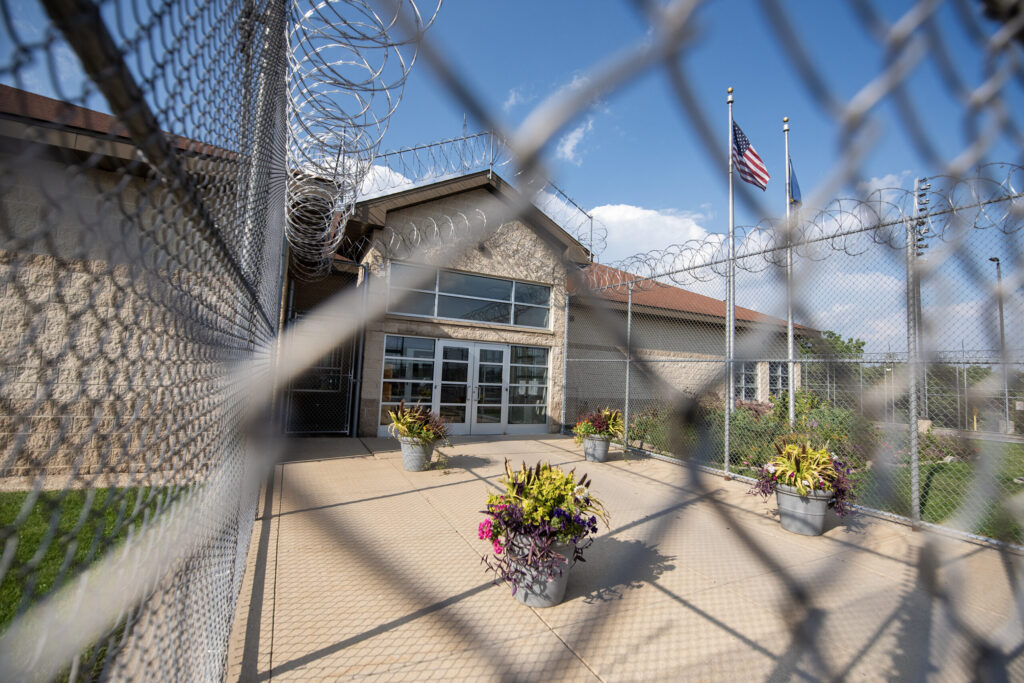Amid concerns over public safety and increasing prison populations, Wisconsin lawmakers are considering a bill that could see a substantial number of individuals returned to incarceration each year. This new proposal mandates revocation of community supervision for those charged with new offenses, stirring debate among state officials and advocacy groups.
In Wisconsin, over 60,000 individuals are currently monitored under community supervision—a system designed as an alternative to incarceration or as an extension of prison sentences through parole or extended supervision. Annually, violations of these conditions can lead to a process called revocation, where individuals are sent back to prison.
Revocation Process Could Become Mandatory
A Republican-sponsored bill aims to adjust this revocation process, raising concerns about its impact on Wisconsin’s prison system. Presently, the Department of Corrections (DOC) has discretion in recommending revocation. However, the new legislation would require the DOC to recommend revocation if an individual on release is charged with a new crime.
State Rep. Brent Jacobson, a key proponent of the bill, emphasized its intent to enhance public safety. “I’m all for giving convicted criminals the chance to reintegrate into our communities,” Jacobson stated. “However, it is unacceptable to give repeat criminals the opportunity to continue to put our families and neighbors at risk again and again without facing consequences.”
This legislative proposal has received backing from law enforcement groups like the Wisconsin Chiefs of Police Association and the Milwaukee Police Association. However, it faces opposition from entities such as the American Civil Liberties Union of Wisconsin, the Wisconsin Public Defender’s office, and Ex-Incarcerated People Organizing of Wisconsin.
Concerns Over Increased Prison Population
The Wisconsin Department of Corrections has voiced opposition to the bill, highlighting concerns that it removes agents’ discretion in making revocation recommendations. According to a fiscal estimate from the DOC, the proposed changes could expand the prison population by approximately 4,600, with an associated increase in annual operational costs of $245.7 million.
While the bill makes recommendations mandatory in certain cases, it is important to note that an administrative law judge will ultimately decide whether revocation and subsequent imprisonment occur. Supporters argue this ensures judicial consideration of revocation cases.
“This legislation simply ensures that when a convicted criminal is charged with another crime, their case is heard in court,” Jacobson elaborated.
Impact on Wisconsin’s Prison System
Critics highlight that DOC recommendations often lead to judges revoking community supervision. Data from 2018 shows judges agreed with DOC recommendations 87% of the time. The DOC anticipates that mandatory recommendations might reduce this agreement rate to 47%, but the exact impact remains uncertain.
Michael O’Hear, a Marquette University law professor, noted, “(Revocations) play a large role in the size of the prison population at any given point in time.” In 2024, over 8,000 admissions to Wisconsin prisons involved revocations, with many due to minor violations rather than new crimes.
Public Safety and Sentencing Concerns
O’Hear expressed skepticism about the bill’s potential to improve public safety, noting it focuses on charges rather than convictions. “A charge could be filed on what is called probable cause in the law, which is a very low level of proof,” he explained. The concern is that mandatory revocation recommendations could be based on unfounded charges.
Currently, DOC agents use a matrix to assess risk before recommending revocation. O’Hear worries that the bill could lead to revocation for low-level offenses, diverting resources from higher-risk individuals. “There’s a lot of research that indicates that incarceration, especially for low-risk individuals, can actually increase their risk,” O’Hear added.
The bill requires approval from the Republican-controlled Senate. Democratic Governor Tony Evers, who has advocated for reducing the prison population and lowering revocations, has yet to indicate whether he would veto the bill if passed.





